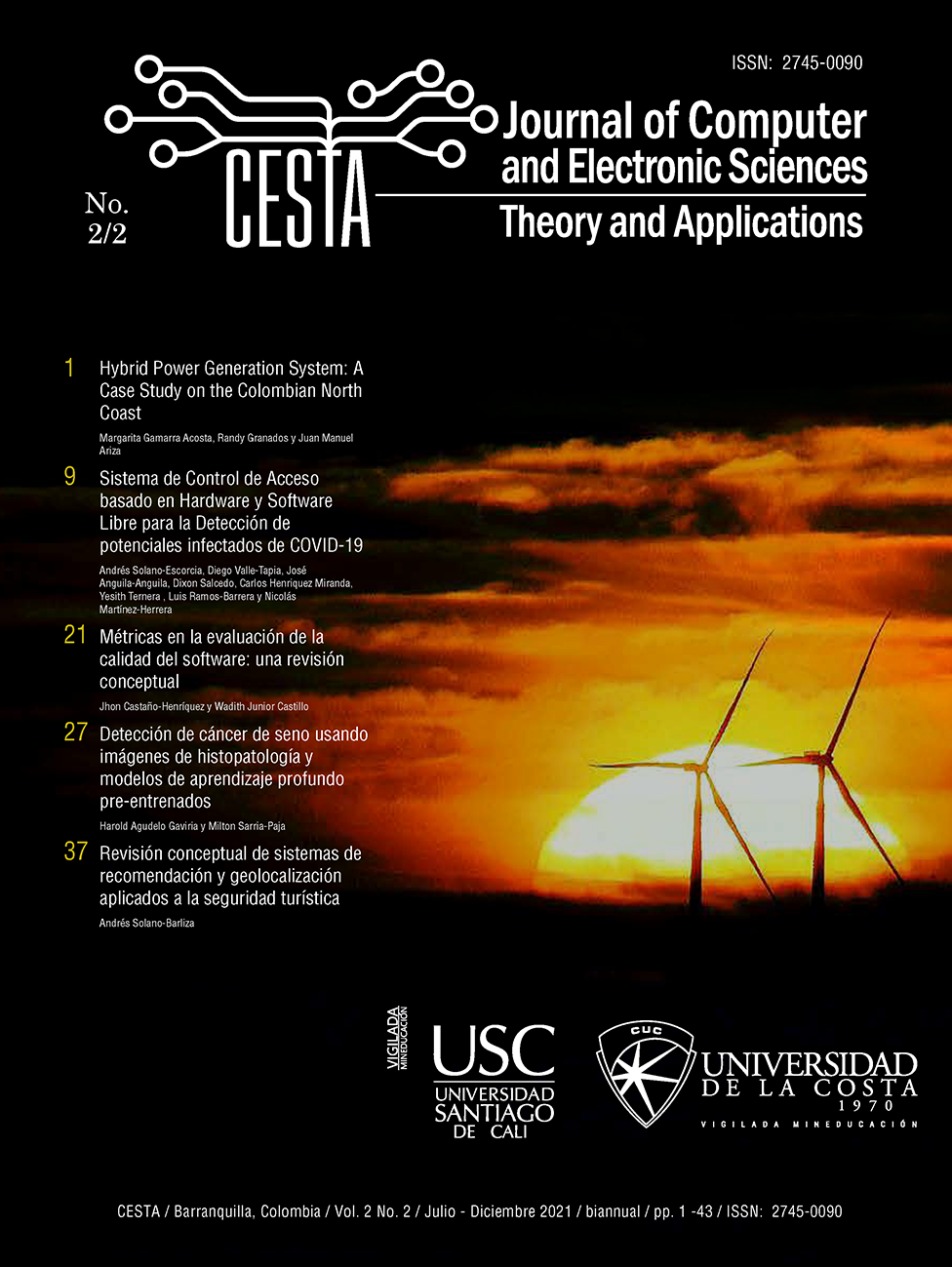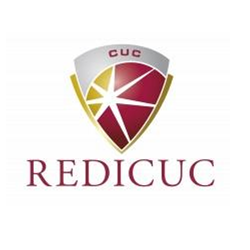Conceptual review of recommendation and geolocation systems applied to tourism security
DOI:
https://doi.org/10.17981/cesta.02.02.2021.05Keywords:
Sistemas de recomendación, Geolocalización, GPS, Seguridad turística, Tecnología Emergente, hibridación tecnológicaAbstract
Introduction: The use of technologies contributes to the solution of real problems and generates new opportunities to enhance products or services in different sectors, one of which is tourism. In tourism, it is necessary to design technological solutions in the area of tourism security, a differential element that generates competitiveness of tourist destinations.
Objective: To present a conceptual review and case studies of applications of recommender and geolocation systems applied to tourism security.
Method: To A conceptual-descriptive methodology was used to document the article, through the exploration of information sources stored in the main scientific databases.
Results: It was found in the conceptual review that, although there are developments of recommendation and geolocation systems applied to the field of tourism, many of them are not focused on tourism safety, so it is relevant to design an innovative proposal with information and communication technologies (ICT) to generate safe environments and contribute to a differential treatment to tourists at the destination where the tourist activity takes place.
Conclusions: The technological hybridization between recommendation and geolocation systems could be a valuable alternative to develop an innovative solution to address and strengthen tourist security.
Downloads
Published
How to Cite
Issue
Section
License
Copyright (c) 2021 Computer and Electronic Sciences: Theory and Applications

This work is licensed under a Creative Commons Attribution-NonCommercial-NoDerivatives 4.0 International License.
Los artículos publicados son de exclusiva responsabilidad de sus autores y no reflejan necesariamente las opiniones del comité editorial.
La Revista CESTA respeta los derechos morales de sus autores, los cuales ceden al comité editorial los derechos patrimoniales del material publicado. A su vez, los autores informan que el presente trabajo es inédito y no ha sido publicado anteriormente.
Todos los artículos están bajo una Licencia Creative Commons Atribución-NoComercial-SinDerivadas 4.0 Internacional.



 English
English
 Español (España)
Español (España)






